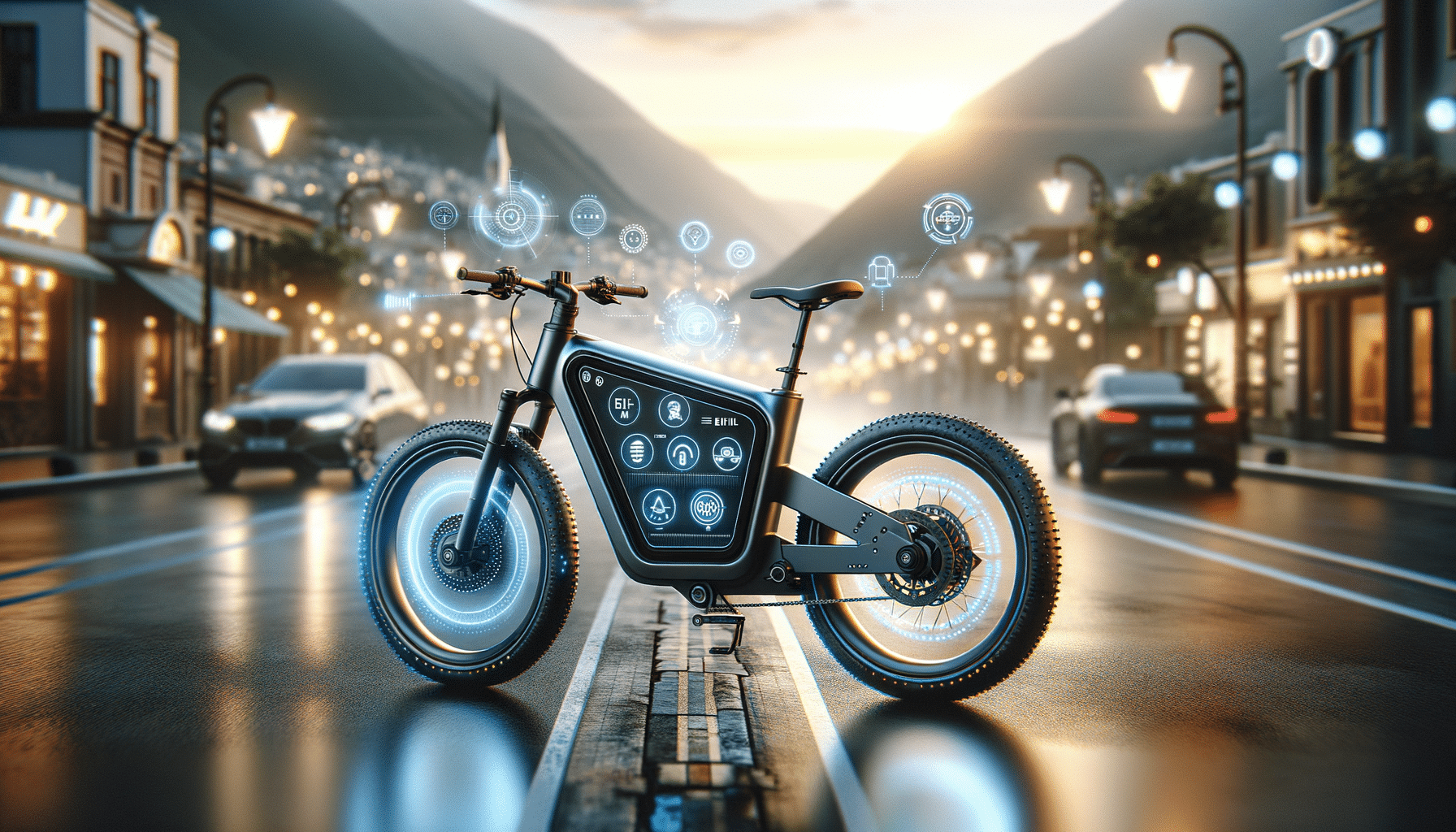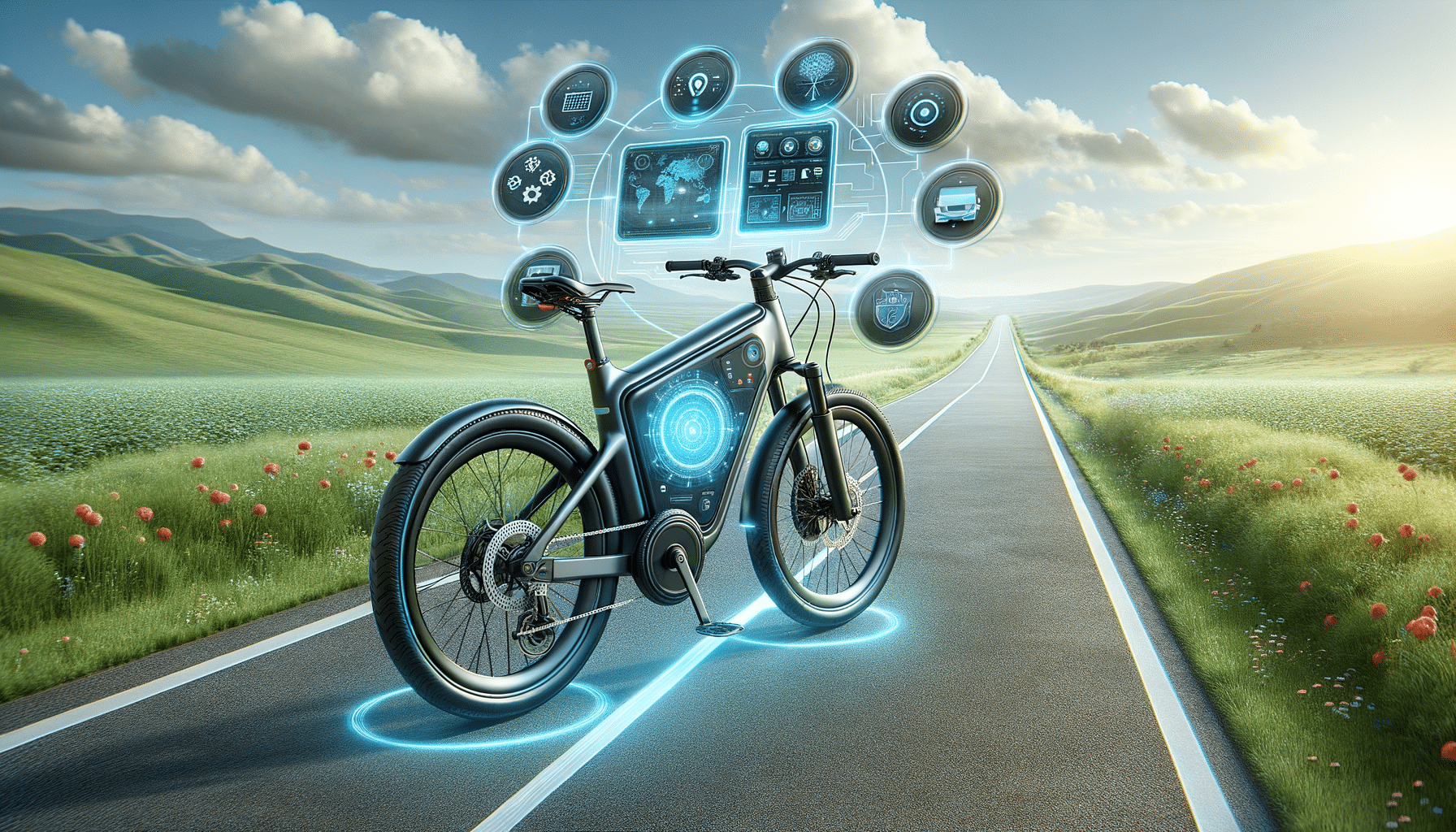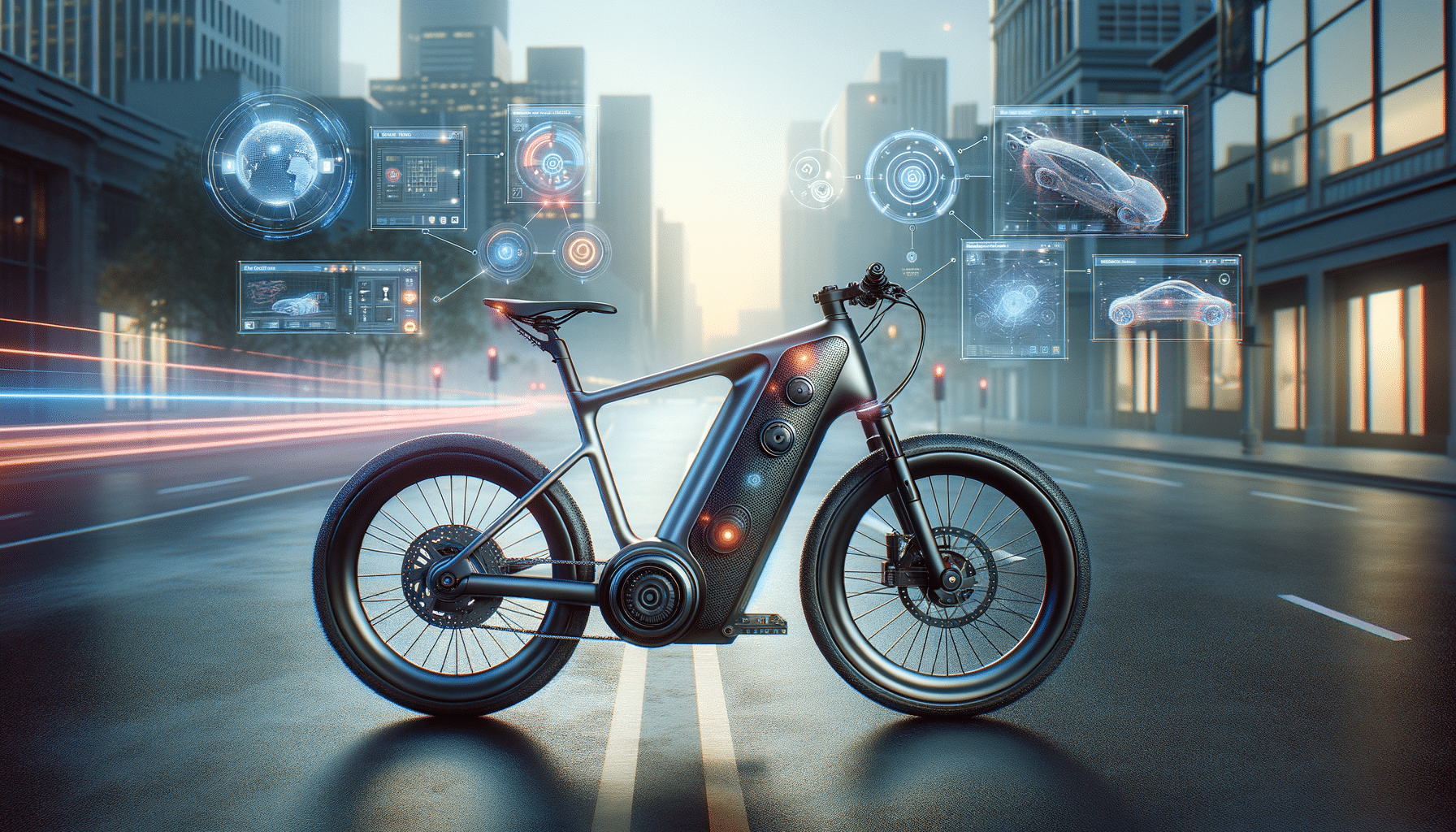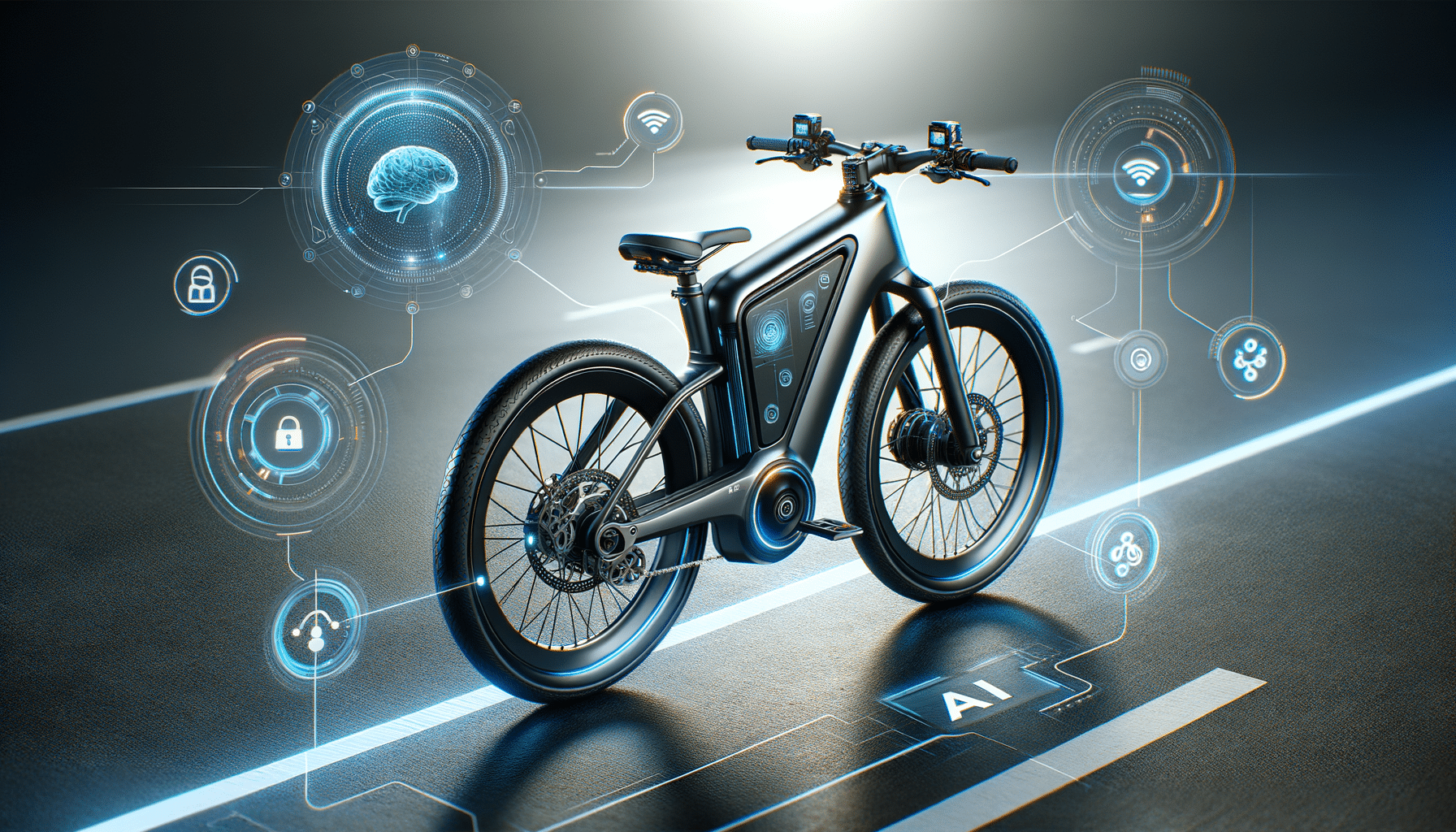
ai driven e-bikes intelligent systems and autonomous riding
Introduction to AI E-Bike Technologies
In recent years, the integration of artificial intelligence (AI) into e-bike technologies has revolutionized the way we perceive and utilize personal transportation. These advancements have not only enhanced the functionality of e-bikes but have also opened new avenues for autonomous riding and intelligent systems. With urbanization on the rise and a growing emphasis on sustainable transport, AI-driven e-bikes are emerging as a vital component in modern mobility solutions.
The importance of AI in e-bikes lies in its ability to analyze and respond to various environmental and user-specific data in real-time. This capability enables the development of systems that can adapt to different riding conditions, optimize energy consumption, and improve safety. As cities become smarter, the demand for intelligent and autonomous e-bikes is expected to increase, providing a seamless and efficient mode of transportation for urban dwellers.
AI-Driven Autonomous Riding
One of the most intriguing aspects of AI integration in e-bikes is the potential for autonomous riding. AI-driven autonomous riding involves the use of sensors, cameras, and machine learning algorithms to navigate routes without human intervention. This technology is not only futuristic but also practical, especially in densely populated urban areas where traffic congestion is a common issue.
Autonomous e-bikes are equipped with advanced navigation systems that can interpret traffic signals, recognize obstacles, and make real-time decisions to ensure a safe ride. These bikes can communicate with other vehicles and infrastructure, enhancing their ability to predict and respond to changes in the environment. While fully autonomous e-bikes are still in the developmental phase, the progress made thus far is promising and indicates a shift towards more autonomous personal transportation solutions.
Key benefits of autonomous riding include:
- Reduced risk of accidents due to human error
- Improved traffic flow and reduced congestion
- Enhanced accessibility for individuals unable to ride manually
Intelligent E-Bike Systems
Intelligent e-bike systems are designed to provide a smarter and more personalized riding experience. These systems utilize AI to analyze rider behavior, environmental conditions, and battery levels to optimize performance. By learning from previous rides, intelligent systems can offer personalized recommendations for routes, speed, and power usage, ensuring a more efficient journey.
One of the standout features of intelligent e-bike systems is their ability to integrate with smart city infrastructure. This integration allows e-bikes to access real-time data on traffic patterns, weather conditions, and road closures, further enhancing the riding experience. Additionally, intelligent systems can monitor the health of the e-bike, providing maintenance alerts and diagnostics to prevent unexpected breakdowns.
Some notable features of intelligent e-bike systems include:
- Adaptive power management for optimal battery usage
- Real-time navigation and traffic updates
- Predictive maintenance alerts
Challenges and Opportunities
Despite the promising advancements in AI-driven e-bikes, several challenges need to be addressed to fully realize their potential. One of the primary concerns is the cost of implementing advanced AI technologies, which can make e-bikes less affordable for the average consumer. However, as technology continues to evolve, it is expected that these costs will decrease, making intelligent e-bikes more accessible.
Another challenge is ensuring the safety and reliability of autonomous systems. Rigorous testing and development are required to ensure that AI-driven e-bikes can safely navigate complex urban environments. This includes improving sensor accuracy and developing robust algorithms capable of handling unpredictable situations.
Opportunities for growth in the AI e-bike sector are abundant. As cities invest in smart infrastructure, the demand for intelligent transportation solutions will increase. Additionally, the growing awareness of environmental sustainability is likely to drive consumer interest in e-bikes as a greener alternative to traditional vehicles.
Conclusion: The Future of AI in E-Bikes
The integration of AI into e-bike technologies represents a significant leap forward in personal transportation. By enhancing the capabilities of e-bikes through autonomous riding and intelligent systems, AI is paving the way for a future where transportation is not only more efficient but also more accessible and environmentally friendly.
As technology continues to advance, it is crucial for manufacturers, city planners, and policymakers to collaborate in creating an ecosystem that supports the growth of AI-driven e-bikes. This includes investing in research and development, establishing regulatory frameworks, and promoting public awareness of the benefits of intelligent transportation solutions.
In conclusion, AI-driven e-bikes are poised to play a pivotal role in shaping the future of urban mobility, offering a glimpse into a world where transportation is seamlessly integrated with technology to enhance our daily lives.


